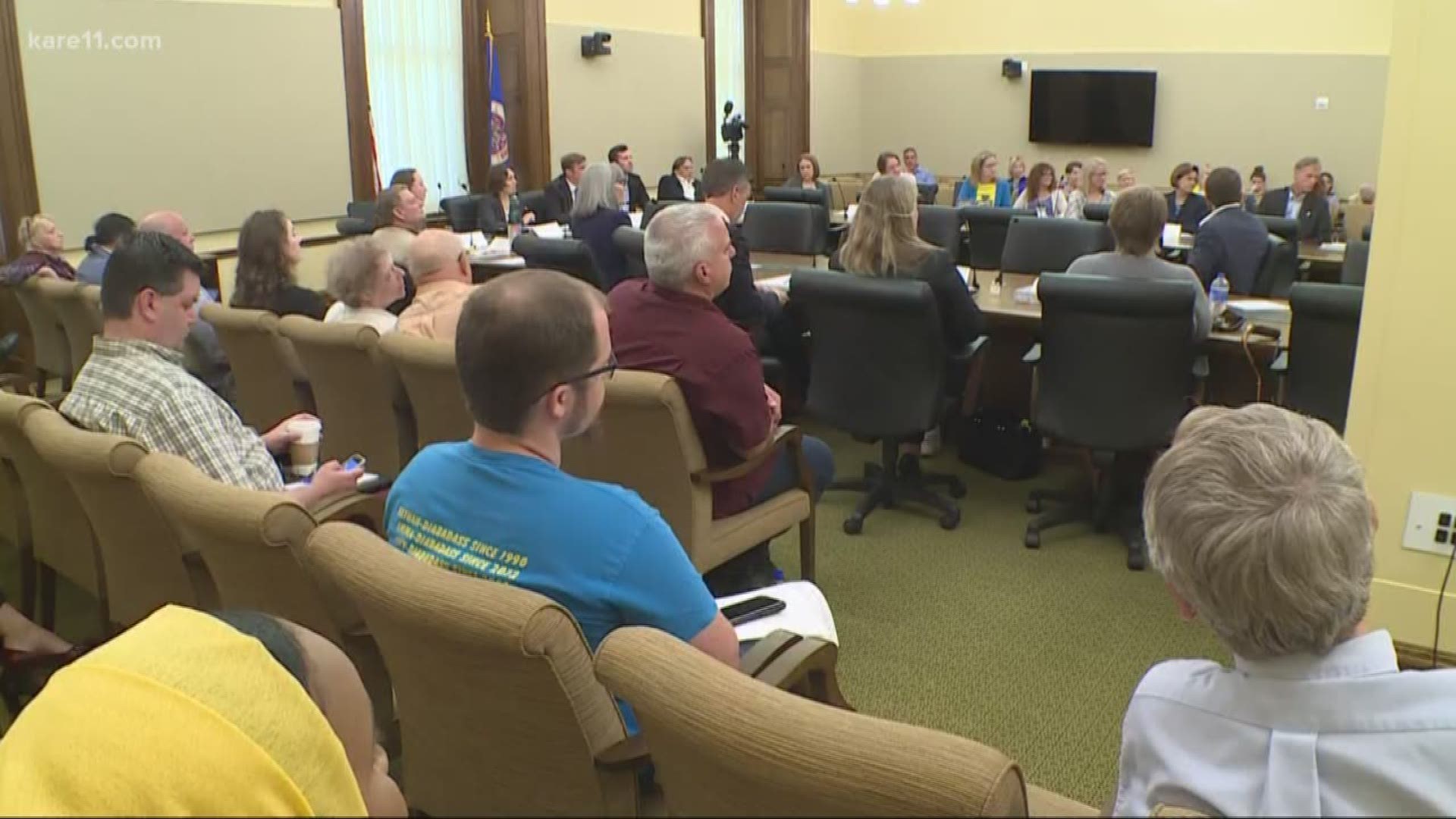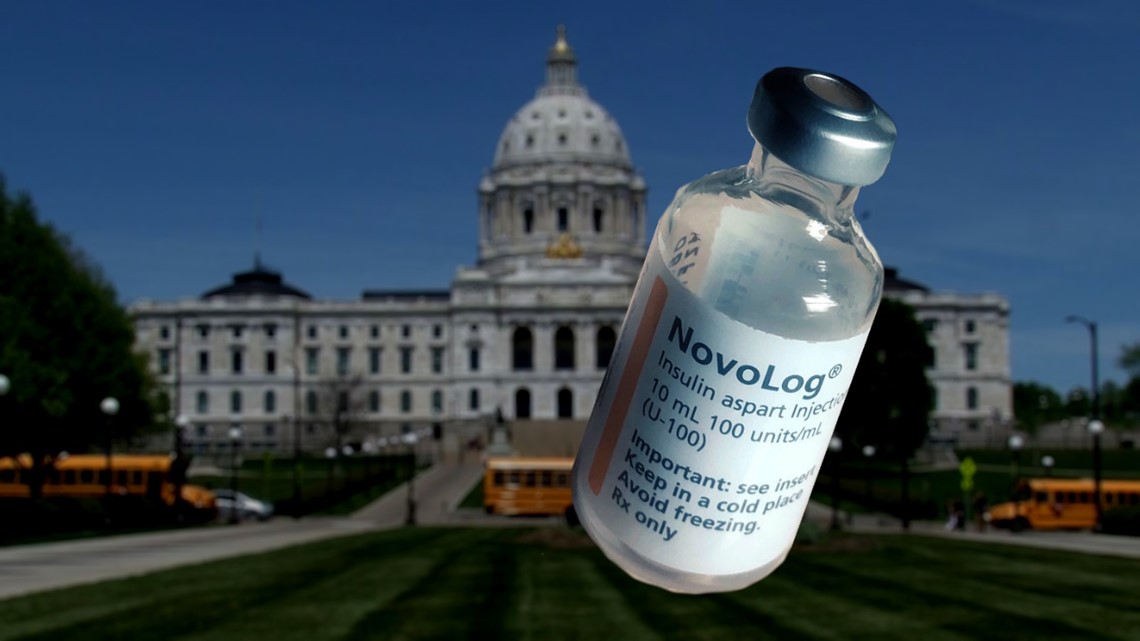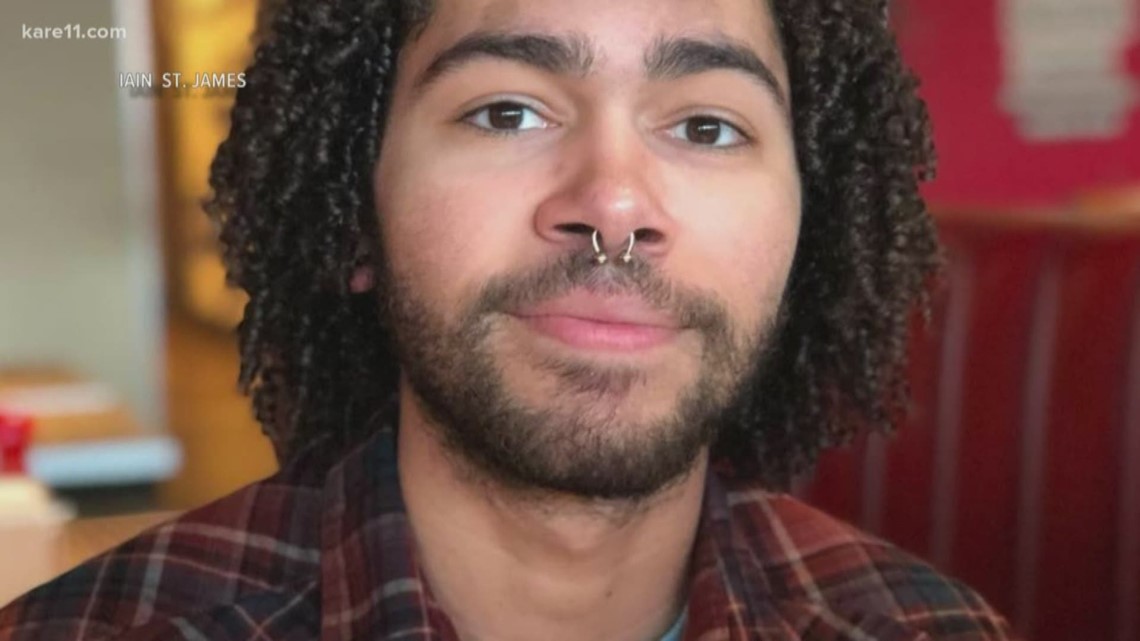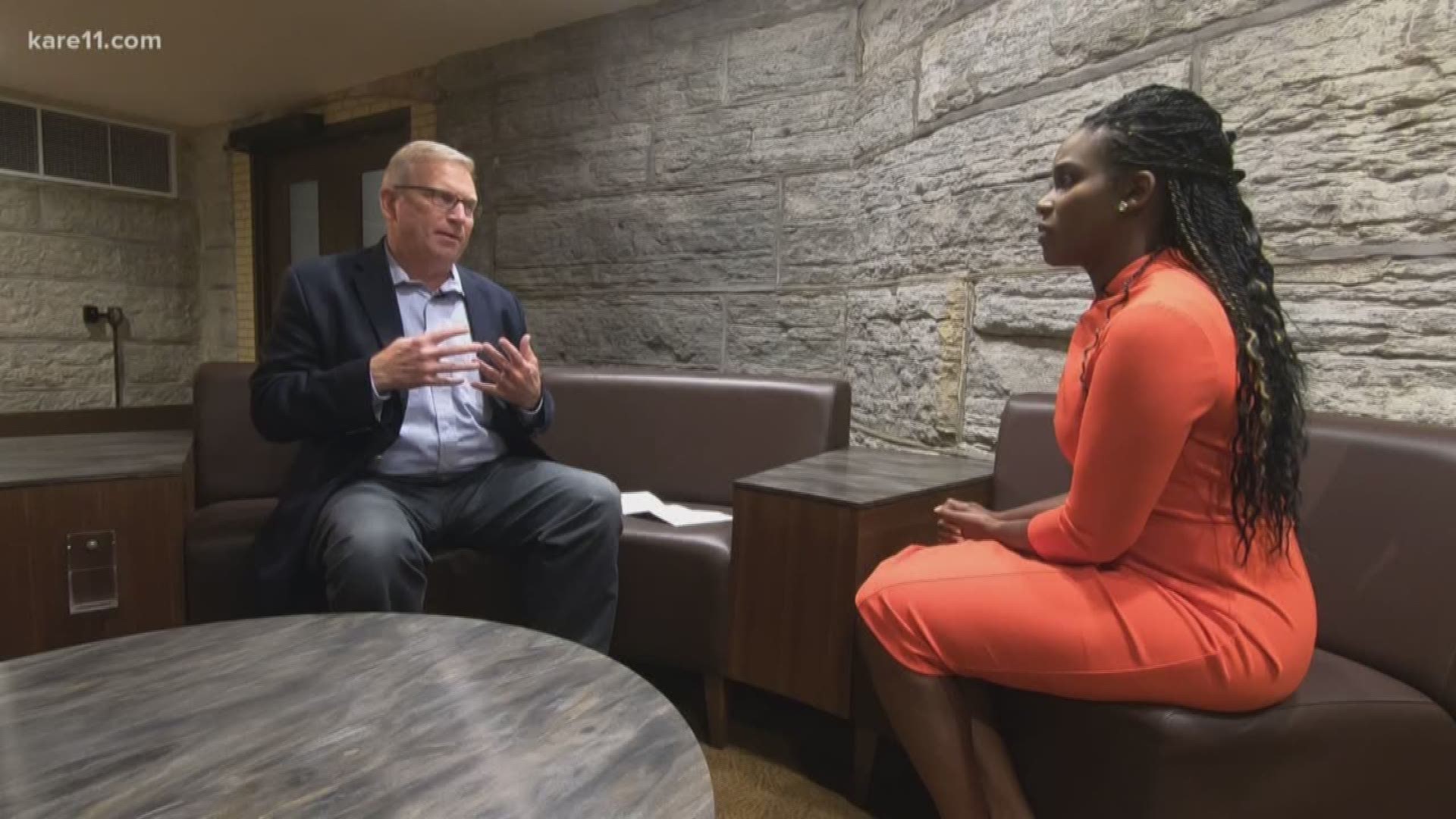ST PAUL, Minn. — There was no shortage of tears Wednesday at the State Capitol as diabetics and their loved ones pressed lawmakers to take action on the insulin crisis.
A small group of legislators have been working behind the scenes to find a way to revive the Alec Smith Emergency Insulin Act, named for a 26-year-old Minnesota man with Type 1 Diabetes who aged out of his parents' insurance plan and tried to ration his insulin.
"He was a hard-working, single, young man, making $40,000 a year and he was denied, denied life because he made too much money," Smith's mother, Nicole Smith Holt told lawmakers at a Capitol roundtable discussion.
She said he was rejected for the drug company patient assistance and coupon programs that many are told to try when they can't afford their insulin.
The legislation, which would provide a 90-day emergency supply of the drug, passed the DFL-controlled House but couldn't get a hearing in the GOP-controlled Senate. Efforts to add the measure to the Senate's omnibus health bill faltered in the waning moments of the session.
A second Minnesotan died in July while rationing his insulin.
Jesimya Scherer-Radcliff, known to friends and family as Jesy, was a Type 1 diabetic who tried to make his insulin stretch before his sudden death.
"Jesy didn’t die from insulin rationing. He died from the prohibitive cost of insulin," Iain St. James, Jesy's godfather, told legislators.
"Access to a program like this would’ve saved his life. He would be here today, I have no doubt about that."
He strongly urged legislators to deal with the insulin crisis in a special session, rather than waiting until the 2020 session starts in February.
Sen. Jim Abeler said he didn't know the family, but went to the funeral to show his support.
"It was horrible. And he had a bow tie and a nice vest," the Anoka Republican said as his voice began to break up.
"People die tragically, but nobody should have to die from this."
Michelle Cmela of Fergus Falls only recently learned she had Type 1 diabetes, and said she hasn't been able to get the type of insulin her doctor prescribed because her insurance plan is insisting she use a less expensive, slower-acting version.
"It take 45 minutes to take effect, so if I start getting low and feeling nervous I go out to my driveway, so that if I pass out someone else will come along and find me," Cmela explained. "Because I can’t call the ambulance every day."
She said her doctor prescribed continuous glucose monitoring, but the insurance company denied as "not medically necessary."
Paying for it
A major sticking point between the House and Senate has been finding a mechanism to pay for the insulin. The House bill would finance the program by charging the insulin makers and wholesalers with a registration fee, the same way lawmaker paid for the new opioids treatment law.
"The pharmaceutical industry is eyeing Minnesota because we are starting to establish a principle that they actually have to pay up, and they don’t like it very much," House Majority Leader Ryan Winkler, a Golden Valley Democrat remarked.
Even Republicans who support the idea of a state emergency supply program don't think it's workable to hit up the drug companies. They prefer using taxpayer dollars, or tapping into the Health Access Fund, which is paid for with the state's 1.8 percent provider tax on medical treatment.
"I would be happy to have pharma pay," Sen. Abeler said.
"It’s a solution that does not work. It will be sued and tied up forever, nobody will get anything done and people will die."
Rep. Mike Howard, the Richfield Democrat who was the chief author of the bill said he was disappointed to hear Senate Human Services Chair Michelle Benson say she wouldn't schedule a Senate hearing on insulin "until there's something to react to."
"There is something to react to already. It's the Alec Smith Emergency Insulin Act!"
Sen. Eric Pratt, a Prior Lake Republican, complained that the insulin issue had been "weaponized" for political purposes, even being used in fundraising pitches. He urged the House DFL contingent to move toward the Senate position.
"Let’s continue to work on finding that middle ground," Sen. Pratt said.
"But if it’s this -- the Senate has to do what the House wants -- then, that’s not compromise. That’s not coming together."
Related: Reporter's Notebook on insulin debate




